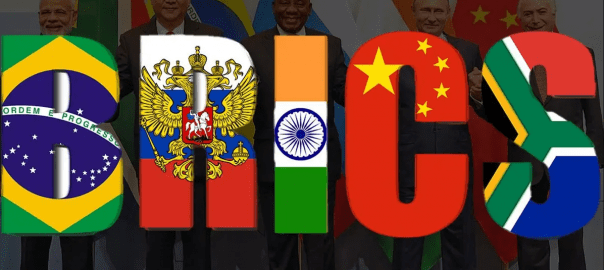June 4, 2024 /Economy/ — The BRICS bloc has been in the news recently due to a significant development: it doubled its membership in January 2024. Argentina, Egypt, Ethiopia, Iran, Saudi Arabia, and the United Arab Emirates were all invited to join Atlantic Council. This expansion has the potential to reshape the bloc’s influence, but it also comes with challenges.
Here’s a quick rundown of how BRICS is doing so far:
- Economic Clout: BRICS members represent a significant chunk of the global economy, with a combined GDP of around 27% Wikipedia and a large portion of the world’s population. This economic power gives them leverage on the international stage.
- Geopolitical Influence: The bloc has been seen as a potential counterweight to the US-led international order. With the addition of new members, this influence could grow, particularly if they can find common ground on foreign policy issues.
- Challenges: There are some hurdles BRICS needs to overcome. The member states have different political systems and priorities, and some (like India and China) even have territorial disputes. Additionally, the recent addition of members with sometimes-conflicting interests might make consensus-building more difficult USIP [invalid URL removed].
This expansion has some potential benefits and drawbacks:
- Increased influence: With its new members, BRICS represents a much larger portion of the world’s population and economic power. This could give the bloc more clout on the international stage.
- More complex dynamics: There’s a concern that the new members have diverse interests, which could make it harder for BRICS to agree on common policies. There are also potential conflicts between some members, like India and China who have had border disputes.
Here are some other recent developments with BRICS:
- The 15th BRICS summit took place in Johannesburg, South Africa in 2023. Russia’s war in Ukraine cast a shadow over the event, with some members trying to distance themselves from it.
- A key goal of BRICS is to create a multipolar world order, as a counterbalance to the US-led system. Whether this is achievable with the new lineup remains to be seen.

